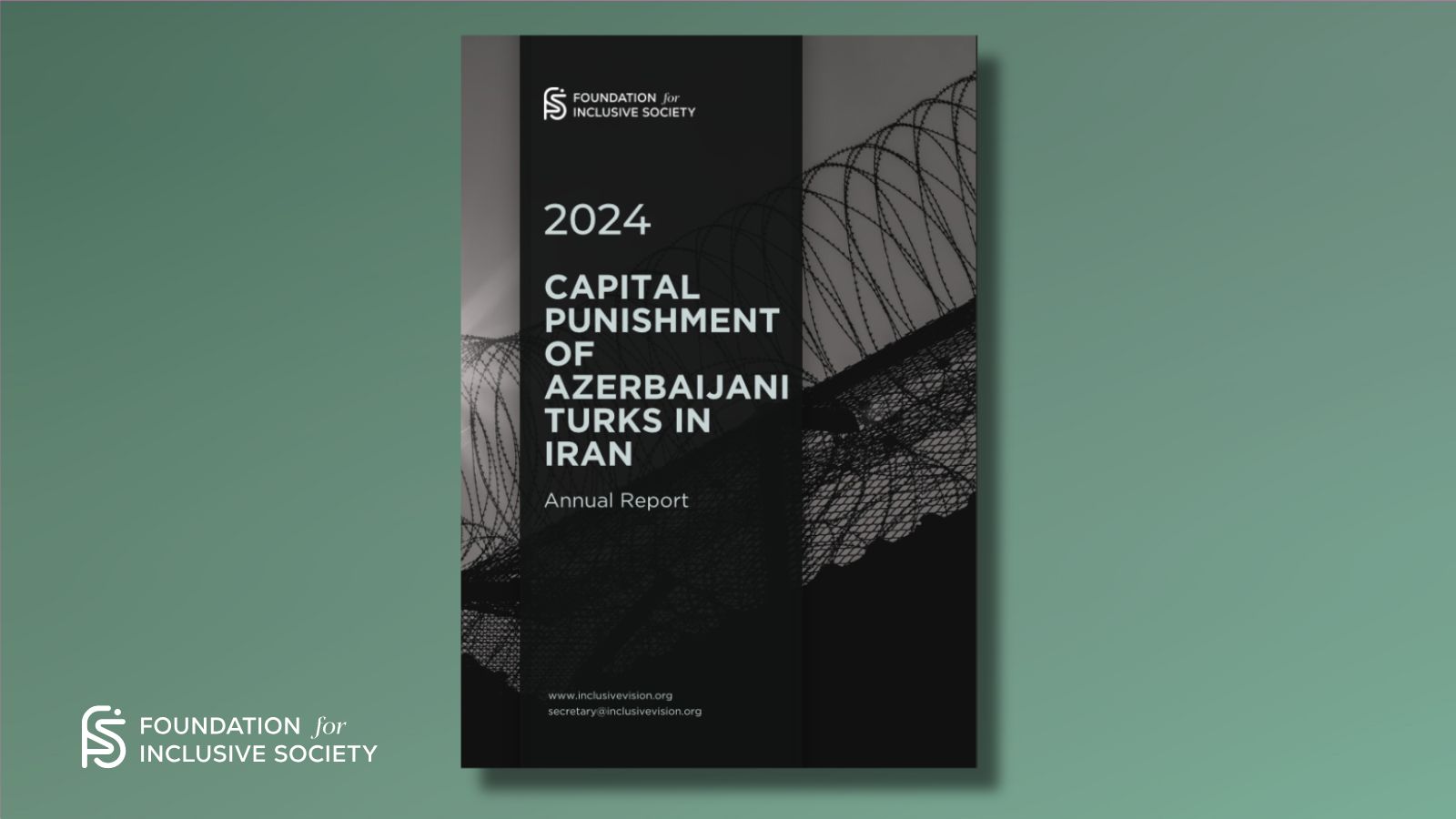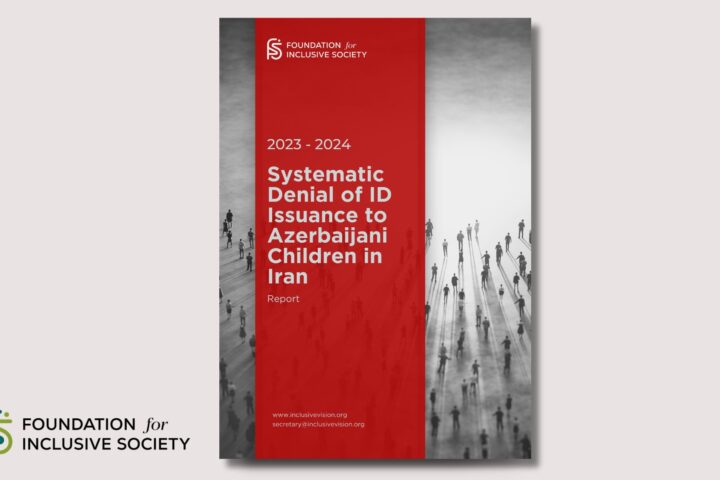Click here to download and read the full report
Capital punishment remains a pervasive tool of state control in Iran, with executions carried out on a large scale. In 2024, Iran carried out 909 known executions, including 30 women, making it one of the highest execution rates in the world. Among those executed, 73 were Azerbaijani Turks. Of the 30 women executed, 9 were Azerbaijani Turks, making up 30% of all female executions. Additionally, 63 Azerbaijani Turk men were executed, accounting for 7% of total male executions. These numbers indicate that Azerbaijani Turk women, in particular, face a higher risk of execution. The actual number of executions is likely higher, but this report includes only cases that have been verified and documented.
In this report, we raise concerns about specific cases that require immediate attention as they reflect the broader pattern of repression against ethnic minorities in Iran. Beyond the high number of executions, other alarming incidents point to the persecution faced by Azerbaijani Turks and other marginalized groups. Sharifeh Mohammadi, a labor activist, remains in Lakan Prison, Rasht, facing a capital punishment verdict, further illustrating the use of harsh judicial measures against activists and minority voices. The case highlights the urgent need for international scrutiny and intervention.
The execution data presented in this report demonstrates the disproportionate impact of capital punishment on the Azerbaijani Turk community, reinforcing long-standing patterns of systemic discrimination and state repression. Minority groups such as Azerbaijanis, Kurds, and Balochs have historically faced political marginalization, cultural suppression, and judicial bias, with executions frequently employed as a tool to instill fear and maintain control.
The execution data underscores the systematic repression of the Azerbaijani Turk community and other marginalized groups, including Kurds and Balochs, who have long faced political marginalization, cultural suppression, and judicial bias. The final quarter of 2024 saw a sharp escalation, with 45 Azerbaijanis, including five women, executed between October and November, one of the deadliest periods for Azerbaijani Turks in recent years. This wave of executions has drawn condemnation from human rights organizations, yet accountability remains elusive.
The targeted executions and broader policies of repression signal an escalating human rights crisis. Without international pressure and legal accountability, Azerbaijani Turks and other minorities will remain at risk of state violence and systemic persecution. Immediate action is needed to prevent further injustices.



